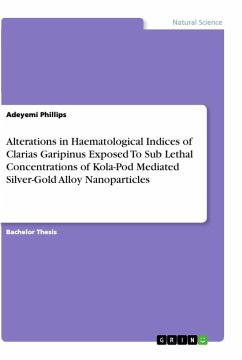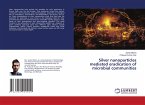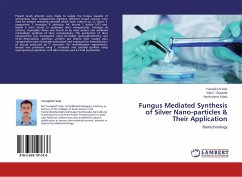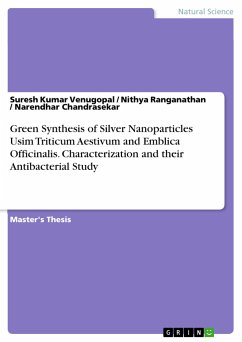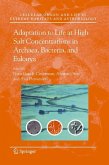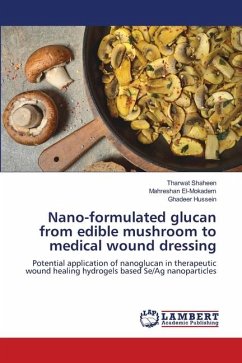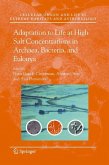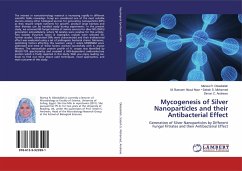Bachelor Thesis from the year 2017 in the subject Biology - Micro- and Molecular Biology, grade: 2.50, Ladoke Akintola University of Technology, language: English, abstract: Nanotechnology is an anticipated manufacturing technology that allows the long established trend toward smaller, faster, cheaper materials and devices. The high demand for nanoparticles implies more production of which the waste products are discharge into the environment. This might have toxic effects on biotic factor especially aquatic organism. This study thus evaluates the effects of silver salt, gold salt and silver-gold alloy nanoparticles were investigated on juvenile Clarias gariepinus. Sub lethal concentration (5ng/ml, 100ng/ml and 250ng/ml) were evaluated on haematological indices (the Hb, RBC, PCV, WBC, MCV, MCH and MCHC) of the fish for an exposure period of 42 days. Blood samples were collected on the 14th, 28th and 42nd day of the exposure. Exposure of Clarias gariepinus to each concentration, caused a dependent significant (P < 0.05) reduction in the values of Hb, RBC, PCV, MCH, MCHC. However, there was a gradual increase in the values of WBC and MCV as the concentration of the silver salts increased. These alterations were more pronounced in the fish exposed to 100ng/ml of gold salt, 250ng/ml silver salt and 5ng/ml of the alloy. Results from this study suggest that brief exposure of Clarias gariepinus to nanoparticles could cause some level of stress as manifested by changes in the haematological parameters of fish under consideration.
Hinweis: Dieser Artikel kann nur an eine deutsche Lieferadresse ausgeliefert werden.
Hinweis: Dieser Artikel kann nur an eine deutsche Lieferadresse ausgeliefert werden.

